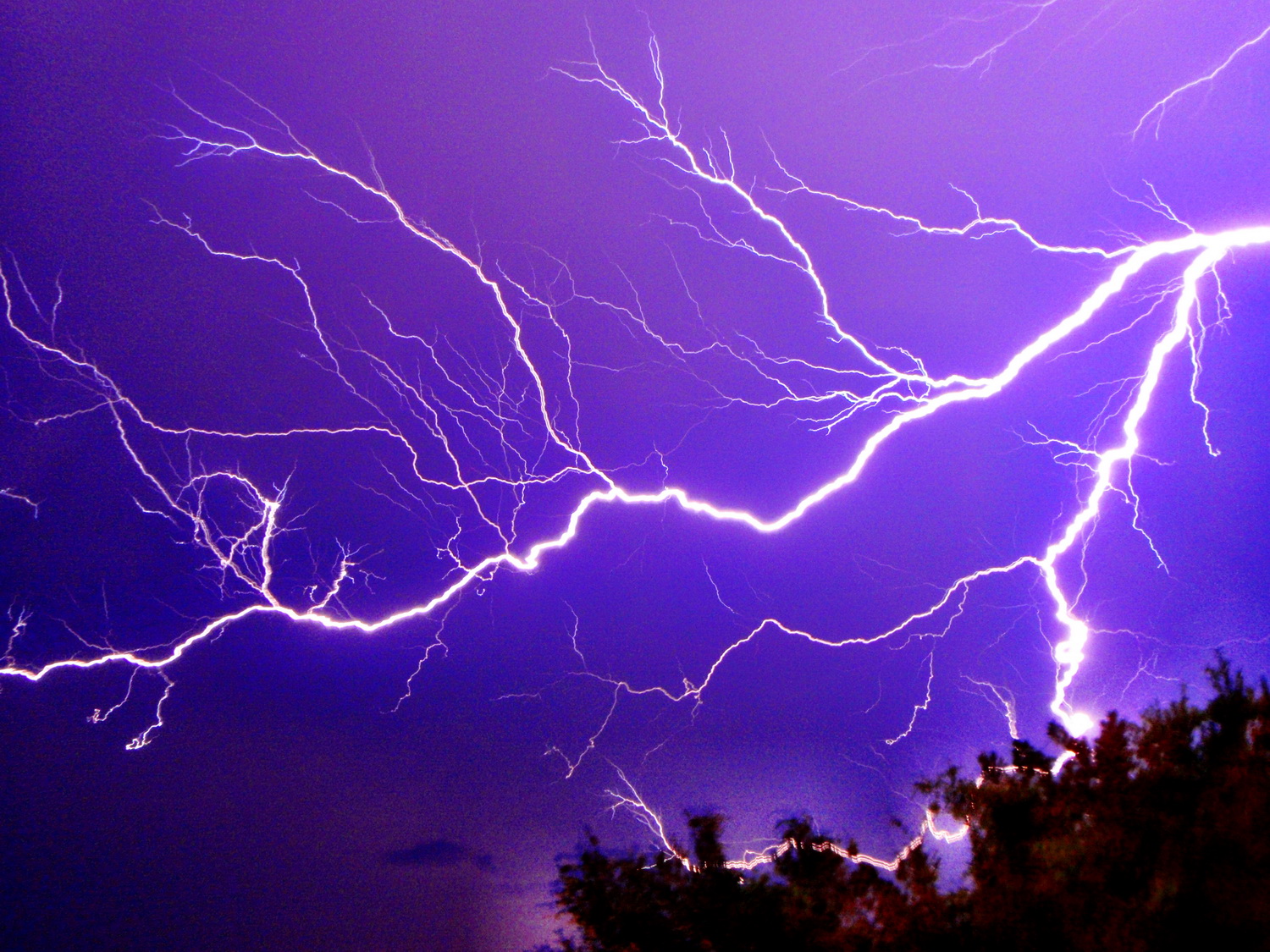A new FCC plan is rattling the bottom lines of wireless companies and cable outfits. It proposes a government run, free super WiFi network to connect online and to USENET that would be available in nearly every urban and rural area in the country.
Designed by FCC Chairman Julius Genachowski, the network’s signal could travel over hills, around trees and even penetrate thick interior walls. The network would allow consumers to easily make free telephone calls over the Wifi signal and would allow easier communications over a longer distance than is currently possible.
Critics of the plan, led by lobbyists from AT&T, T-Mobile, Verizon Wireless, Intel and Qualcomm argue that the FCC could make more money by selling off the spectrum to current cellphone and broadband providers. They also argue that the WiFi network could interfere with current WiFi networks.
According to USENET newsgroups, the plan would also require local television stations and other broadcasters to sell a chunk of airwaves for the network. It’s not clear that broadcasters will readily agree to that idea.
Both Google and Microsoft are lobbying for the plan, as they anticipate users of this new network will be interested in purchasing their devices to make calls and surf the web.
If built, the network could open up a number of entertainment applications to a wider audience and hasten the increase in mobile entertainment, especially video. Access to a free WiFi network would increase the use of Internet-connected devices in the home, hastening the deployment of home entertainment systems that are inter-connected throughout the house.
The WiFi plan is already facing stiff opposition and there is no timetable for when the FCC might present a formal plan to the public for feedback and an eventual vote by the commission.




